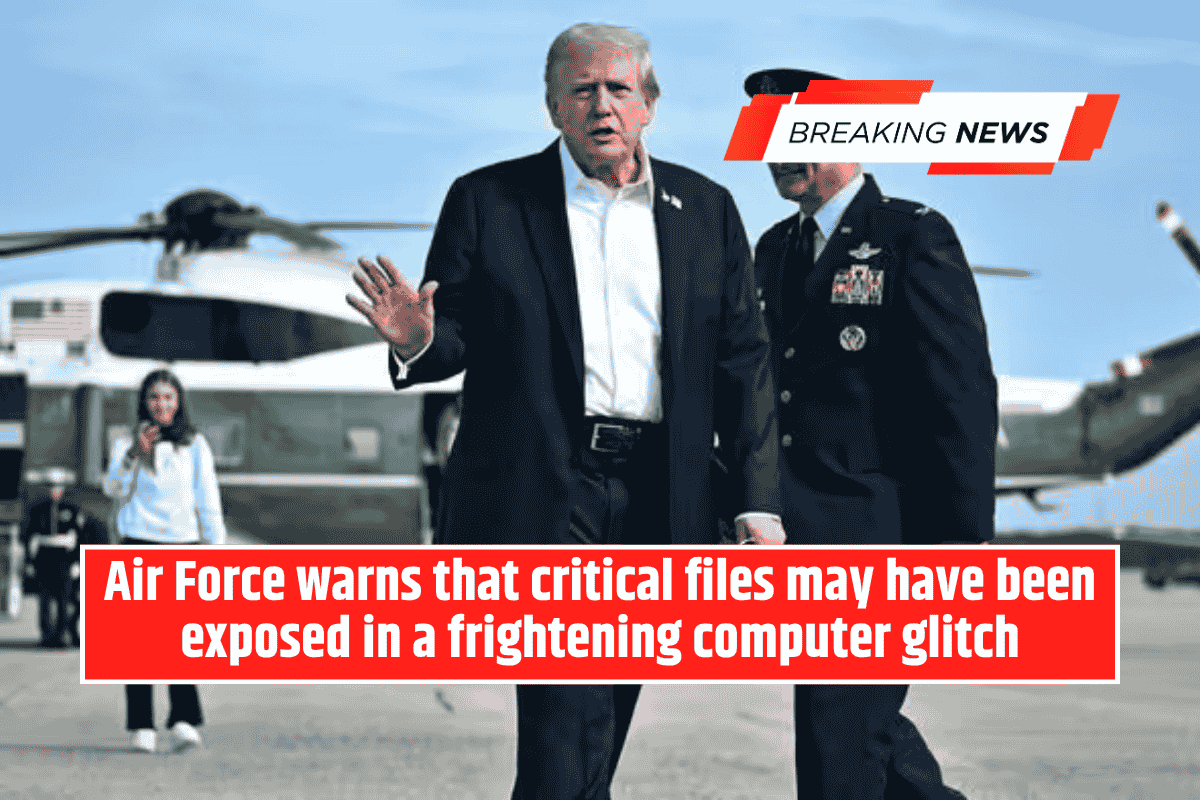With fewer than two percent of Air Force personnel proficient in a foreign language, linguistic skills are increasingly recognized as critical tools for mission success.
Beyond translation, they foster cultural understanding, trust-building, and international cooperation—all essential in today’s complex global threat environment.
Recognizing Excellence: Burris and Moskvichova
In 2024, the Air Force recognized Lt. Col. Andrew Burris, commander of the 336th Training Support Squadron, and Staff Sgt. Maria Moskvichova, operations manager with the 92nd Civil Engineer Squadron, as Language Capable Airmen of the Year in the officer and enlisted categories, respectively.
Moskvichova, raised in Ukraine, grew up bilingual in Ukrainian and Russian before moving to the U.S. as a teenager. Burris pursued Spanish in school and later developed a passion for Arabic through the Foreign Area Officer program.
Both eventually joined the Language Enabled Airmen Program (LEAP)—Burris for Arabic, Moskvichova for Slovenian.
From Passion to Mission Impact
For Moskvichova, her skills became particularly meaningful after the outbreak of war in Ukraine, where her interpreting duties carried significant operational weight. She emphasized the responsibility of conveying messages accurately, noting, “You’re directly impacting the mission.”
Burris demonstrated the power of language in action during a joint Airfield Damage Repair exercise at Al Dhafra Air Base, where his ability to communicate in Arabic led to the Emirati general granting long-denied access to an explosives disposal range.
Cultural Understanding as a Force Multiplier
Both Airmen stressed that language skills go beyond translation. Greetings and cultural awareness help build stronger partnerships and demonstrate respect. Burris explained that even small efforts, like learning host-nation greetings, can make a significant difference in fostering cooperation.
Their experiences also highlight how language proficiency shapes problem-solving and leadership styles. Moskvichova noted that switching between languages forces her to think creatively, while Burris credited his overseas experiences with broadening his leadership perspective and teaching him the value of understanding diverse viewpoints.
Inspiring the Next Generation
With so few Airmen possessing foreign language capabilities, both honorees hope to inspire others. Their stories demonstrate that language is not just a tool of communication but a bridge to connection, understanding, and mission success—a critical asset for the future of the Air Force.








